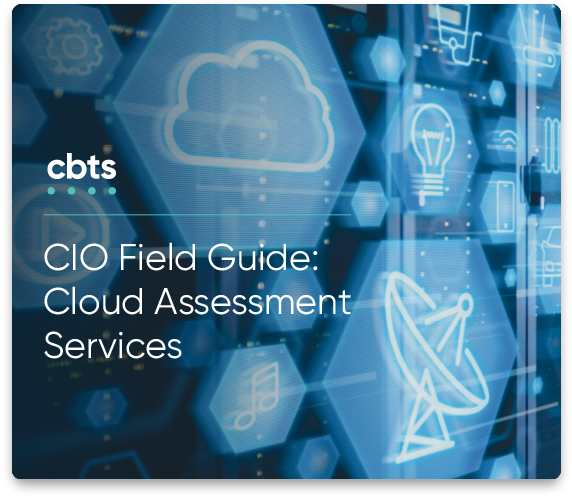
Businesses constantly seek ways to understand their customers to better meet their needs.
Marketing teams today are leveraging a practical approach that uses a data analytics strategy to refine their advertising efforts. Analyzing marketing data can reveal valuable insights into customer digital behavior and intent, which can then be used to guide nurture campaigns and move the client through the buying cycle.
Leading viewers to conversion
The core concept behind a data analytics strategy for marketing planning is knowing which content to provide to which clients at the right time in their buying journey.
By 2025, 80% of B2B sales interactions between suppliers and buyers will occur in digital channels.
Gartner
By understanding where and how customers search for content and information, businesses can ensure their marketing efforts are more personalized and more effective.
This shift from generic mass marketing to a more personalized approach is a crucial tactic in today’s competitive marketplace, with many companies vying for consumer attention. Customers have a growing expectation for personalized experiences. They desire a sense of significance and appreciation in their interactions. Consequently, marketers harness the power of data to craft content tailored specifically to each individual, ensuring a heightened sense of importance and value in every interaction.
As we gather data, our ability to provide personalized and impactful experiences grows. With predictive analytics, we consistently enhance our ability to deliver the right content and messages to the right customers.
However, the value of analytics is not limited just to guiding marketing efforts. It can also help sales teams better understand which topics resonate with their accounts.
Actionable customer insights improve the selling process
At CBTS, we also analyze customer digital behavior to provide actionable insights to our sales teams. We use marketing data to understand which products or technologies clients are researching on your website as well as third-party industry sites. This knowledge can lead to more meaningful sales conversations and potentially more business. For example, marketing data might show a sudden uptick in the viewing of cybersecurity content by several individuals at an existing account. Providing that intelligence to the associated sales rep could uncover an opportunity for CBTS to assist with a security incident.
Another benefit of effectively analyzing marketing data is gleaning insights from individuals at existing accounts that may not have a relationship with our sales rep, leading to sales opportunities in new areas of a customer’s operation, and enabling the rep to pursue new relationships within the account.
The overarching goal is sincere relationship development—signaling to our customers and vendors that we are giving them our very best and delivering the information they need to be successful.
Transparency is key
Leveraging analytics to refine marketing efforts is becoming increasingly important in today’s digital age. However, it is also vital to exercise caution. Customers are increasingly concerned about their privacy and the use of their data, so businesses must be transparent about how they use this information.
Betraying trust can drive customers away permanently. When we are up front about our data collection and usage policies, we can build trust with our clients. If we can establish trust right from the beginning, clients are more inclined to remain loyal, even during challenging times. Moreover, as their trust in us deepens, they become increasingly open to sharing their data; this consequently simplifies our data personalization endeavors, enhances our process, and improves outcomes for all parties involved.
Contact CBTS today to learn more about how a data analytics strategy can transform your customer relationships.




















